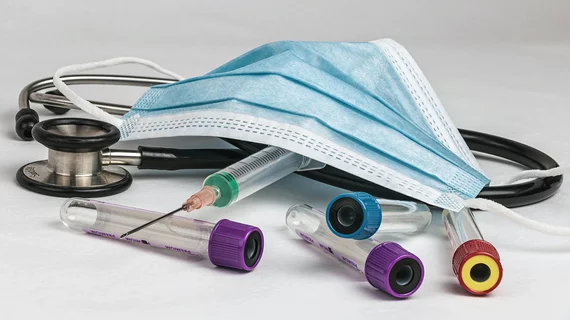Johnson & Johnson COVID-19 vaccine being investigated for possible blood clot risk
The European Medicines Agency (EMA) is now looking into the possibility that Johnson & Johnson’s Janssen COVID-19 vaccine is associated with a risk of serious blood clots. There have been four reported events involving “unusual blood clots with low blood platelets” so far, including one death.
The EMA said in a statement that “it is currently not clear” if these blood clots are directly associated with the Johnson & Johnson vaccine. The agency’s official safety committee, the Pharmacovigilance Risk Assessment Committee (PRAC), is currently reviewing the situation.
“PRAC is investigating these cases and will decide whether regulatory action may be necessary, which usually consists of an update to the product information,” according to the statement. “EMA will further communicate once the evaluation has concluded.”
The FDA has indicated it is aware of the EMA investigation and already provided the agency with data.
Of course, this isn’t the first time that a COVID-19 vaccine has been under investigation for a potential blood clot risk. On April 7, the EMA announced that “unusual blood clots with low blood platelets” should be listed as a rare side effect of the Oxford-AstraZeneca vaccine.
The EMA emphasized that the benefits of receiving the AstraZeneca vaccine still outweigh the risks.

